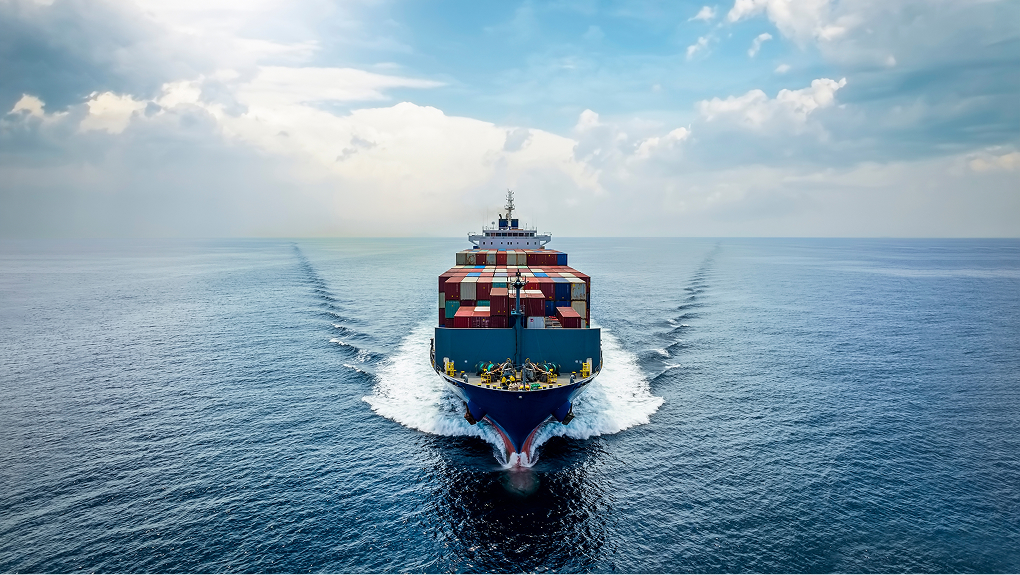“I’d recommend them to anyone working offshore. They fought hard and got me a settlement that helped cover my medical bills and lost wages.”



Tanker accidents on the Gulf Coast can be catastrophic, leading to severe injuries, environmental damage, and immense financial strain. If you or a loved one has been injured in a tanker accident, navigating the complex world of maritime law and offshore injury claims can feel overwhelming. At our firm, our experienced maritime injury lawyers are dedicated to fighting for the rights of victims and helping them secure the compensation they deserve. We understand the unique challenges presented by offshore incidents and are prepared to stand by your side every step of the way.
A tanker accident involves any incident or collision involving vessels designed to carry liquids in bulk, such as oil, chemicals, or liquefied natural gas (LNG). These incidents can occur in various settings, including open seas, busy shipping lanes, ports, and even during loading or unloading operations.
Tanker accidents often result from a combination of factors. Some of the most frequent causes include:
Given the immense size and dangerous nature of tankers and their cargo, the injuries sustained in these accidents are often severe and life-altering. Common injuries include:
If you’re injured in a tanker accident, you have specific legal rights under maritime law. Understanding these rights is crucial for pursuing a successful claim.
Maritime law, also known as admiralty law, is a complex body of law that governs activities on navigable waters. Tanker accidents fall under this jurisdiction, and the specific laws that apply can depend on various factors, including where the accident occurred, the type of vessel, and your employment status.
For seamen (crew members) injured while working on a tanker, the Jones Act is a critical piece of legislation. It allows injured seamen to sue their employers for negligence if that negligence contributed to their injuries. This can cover a wide range of negligent actions, from unsafe working conditions to a failure to provide proper equipment or training. The Jones Act also provides for “maintenance and cure,” which covers basic living expenses and medical care for injured seamen until they reach maximum medical improvement.
If you’re a longshoreman, harbor worker, ship repairer, or certain other maritime employees injured on or near navigable waters (but not a seaman), you may be covered by the Longshore and Harbor Workers’ Compensation Act (LHWCA). This act provides for medical benefits, lost wages, and vocational rehabilitation for injured workers, regardless of fault.
Dealing with the aftermath of a tanker accident—especially when facing powerful shipping companies and their insurers—requires skilled legal representation. An experienced tanker accident attorney can make a significant difference in the outcome of your claim.
Our legal team will conduct a thorough investigation into your accident. This includes:
We will meticulously calculate the full extent of your damages, ensuring all your losses are accounted for. This can include:
Insurance companies and vessel owners often try to minimize payouts. Our attorneys are skilled negotiators who will aggressively advocate on your behalf to secure a fair settlement. If a fair settlement cannot be reached, we are fully prepared to take your case to court.
Prioritize your safety and seek immediate medical attention for any injuries. Report the incident to your supervisor or the appropriate authorities, and if possible, document everything you can with photos or notes.
The statute of limitations for maritime injury claims can vary significantly based on the specific laws that apply to your case (e.g., Jones Act, LHWCA). It’s crucial to consult with an experienced maritime attorney as soon as possible to ensure you don’t miss critical deadlines.
Compensation may include coverage for medical expenses, lost wages (both past and future), pain and suffering, emotional distress, disfigurement, and rehabilitation costs. The specific damages recoverable will depend on the facts of your case.
Many maritime injury claims are settled through negotiation outside of court. However, if a fair settlement cannot be reached, your attorney may advise pursuing your case through litigation to ensure you receive the justice you deserve.
Most reputable maritime injury law firms, including ours, work on a contingency fee basis. This means you don’t pay any upfront legal fees, and we only get paid if we successfully recover compensation for you.
A tanker accident can change your life in an instant. You don’t have to face the legal challenges alone. Our dedicated Gulf Coast maritime injury lawyers have a proven track record of helping victims of offshore tanker incidents secure the maximum compensation for their injuries and losses. We are committed to protecting your rights and holding negligent parties accountable.
Don’t suffer in silence after a tanker accident. Contact our experienced Gulf Coast maritime injury lawyers today for a free, confidential consultation.
